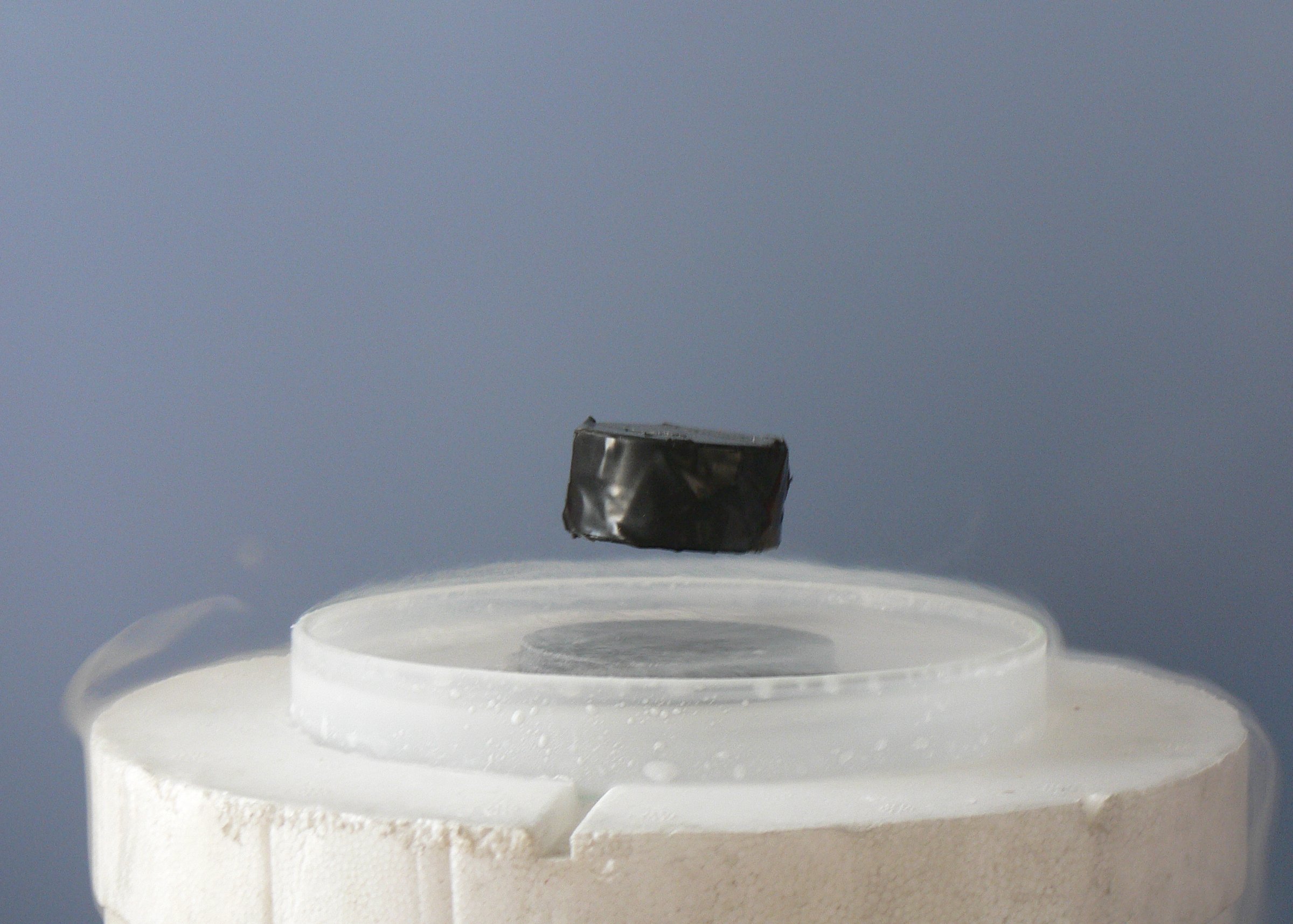
Photo from academic.microsoft.com
In this study, natural and modified clays were evaluated as catalysts in an esterification reaction to obtain bio-based lubricants. The biolubricants are environmentally preferred to petroleum-based lubricants because they are… Click to show full abstract
In this study, natural and modified clays were evaluated as catalysts in an esterification reaction to obtain bio-based lubricants. The biolubricants are environmentally preferred to petroleum-based lubricants because they are biodegradable and non-toxic. Other advantages include very low volatility due to the high molecular weight and excellent viscosity properties with temperature variations. Modifications in natural clay were performed intending to obtain materials with different textural properties that could improve the reaction under study. The modified clays were obtained in two ways: by pillarization using Al13 Keggin polyoxocations or by acid treatments with H2SO4, HCl and HNO3. All samples were evaluated for the esterification reaction of fatty acids from castor oil (FACO) using 2-ethyl-hexanol. During the reaction step, a zeolite-based adsorbent was used for water removal to increase the reaction equilibrium conversion. Gas chromatography and nuclear magnetic resonance were performed to ensure the formation of the products. The highest conversion of fatty acids to esters was obtained using pillared clays. Adding adsorbent in the reaction medium (10 g of 3A zeolite to 100 g of FACO), the conversion improved from 74–88 wt % after 6 h at 50 °C.
Journal Title: Materials
Year Published: 2018
Link to full text (if available)
Share on Social Media: Sign Up to like & get
recommendations!